Certified Anger Management Specialist
Anger Management: According to the American Psychological Association, everyone gets mad at times. The target of your anger might be a stranger, a loved one or even yourself. Or, you might find yourself furious over external events, such as a delayed flight or a political incident. While anger is a normal human emotion, misplaced or uncontrolled anger can quickly become problematic.
You can learn strategies to help control your anger. Sometimes, though, people need extra help to keep their rage at bay. Therapy can help people recognize and avoid the triggers that make them angry. They can also provide ways to help them manage the inevitable anger that sometimes flares without warning.
Uncontrolled anger looks different from person to person. Some people are quietly seething at the world most of the time. Some can’t help but dwell on events that made them mad. Others have quick tempers and may even exhibit aggressive or violent behavior.
Uncontrolled anger can be hard to define. Unlike depression (which can be thought of as a dysfunctional form of sadness) or anxiety (a dysfunctional form of worry), uncontrolled anger doesn’t have a name or an official diagnosis.
Nevertheless, anger can be dysfunctional, and people who experience it often don’t realize how big a problem it is. That’s because in the short term, anger can be effective. Blowing up at your kids might seem like a good strategy if it results in them doing their chores. Losing your temper at work might feel productive if it gets your coworkers to do things your way.
Unfortunately, people often fail to see the long-term consequences of uncontrolled anger. Those can include health effects such as high blood pressure and increased risk of heart disease, as well as social disharmony among family members, friends, and coworkers.
Carla has been certified by the National Anger Management Association (NAMA) as a Certified Anger Management Specialist (CAMS). This specialized credential is a clinical certification based upon completion of an anger management content program sponsored by NAMA. This program provides an understanding of:

